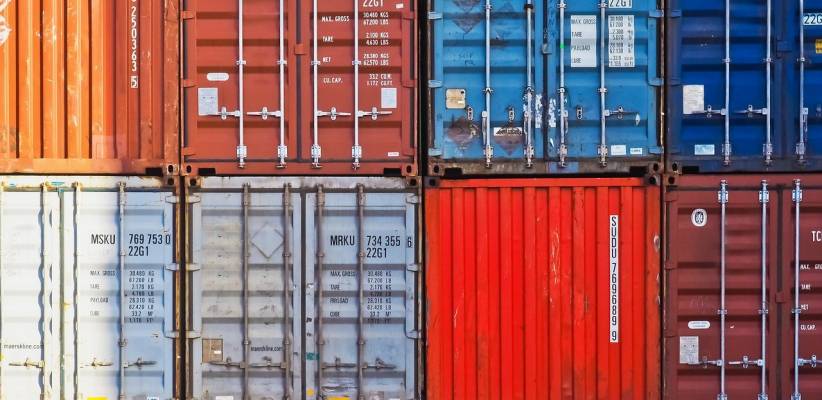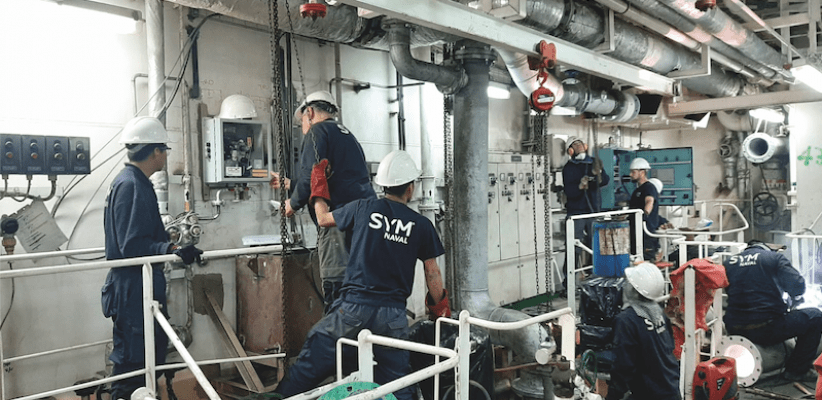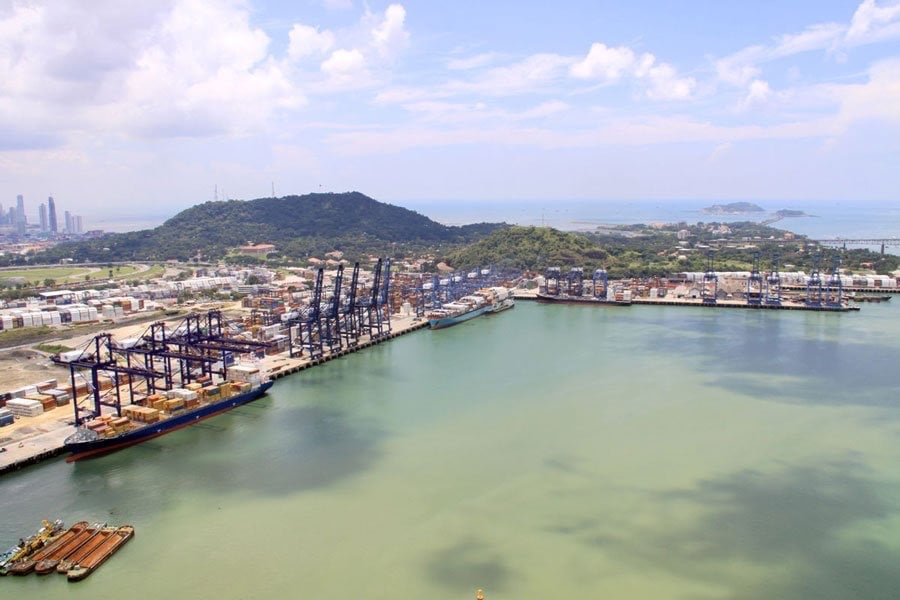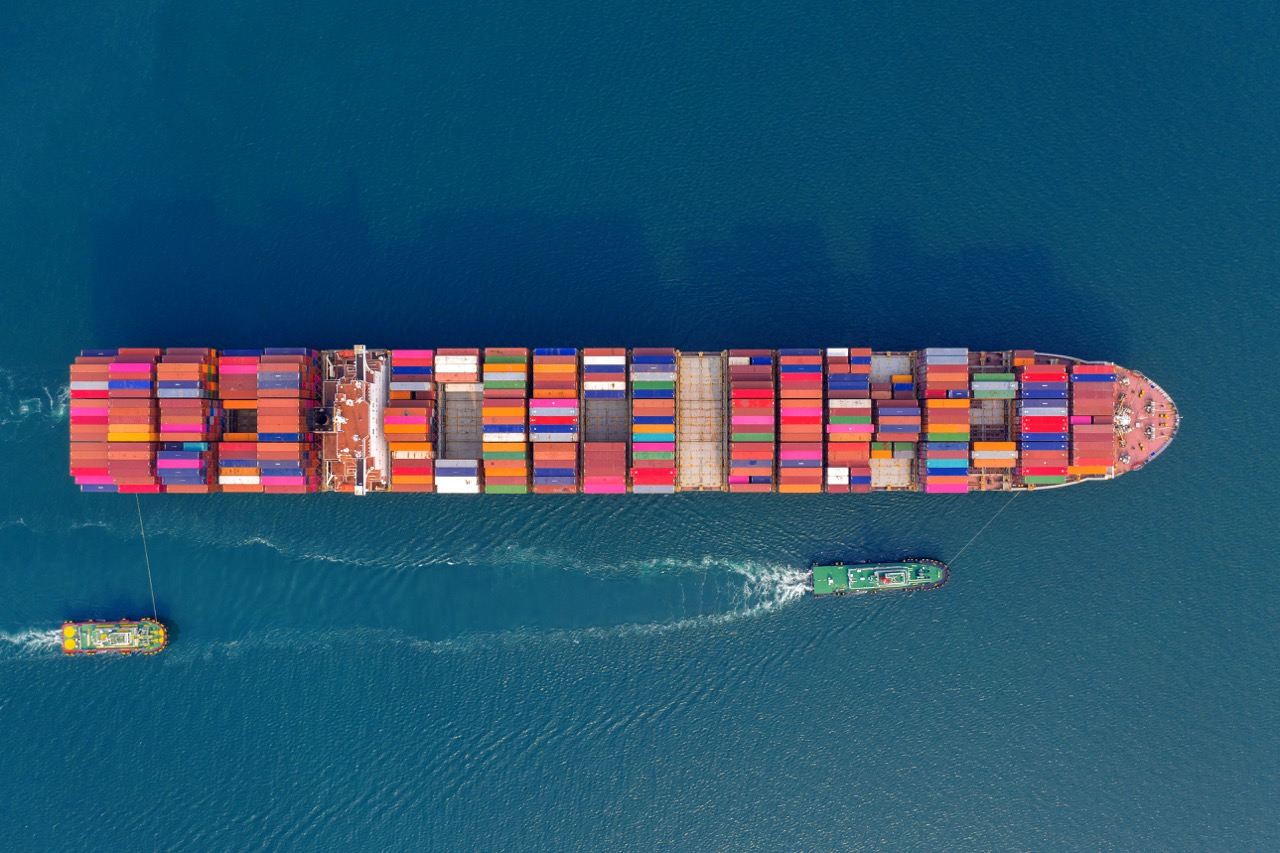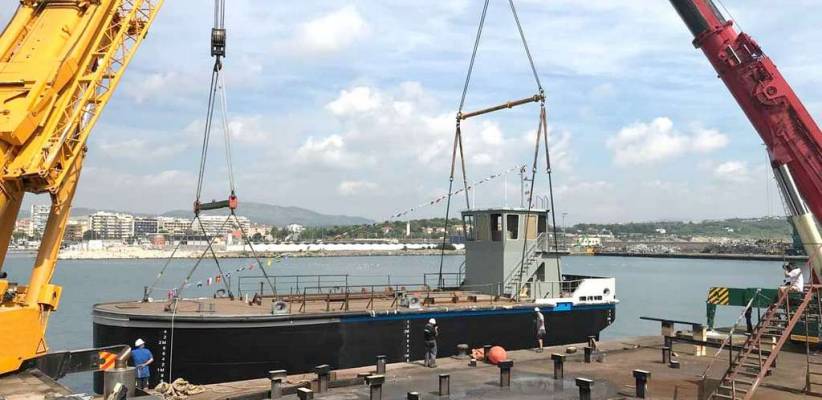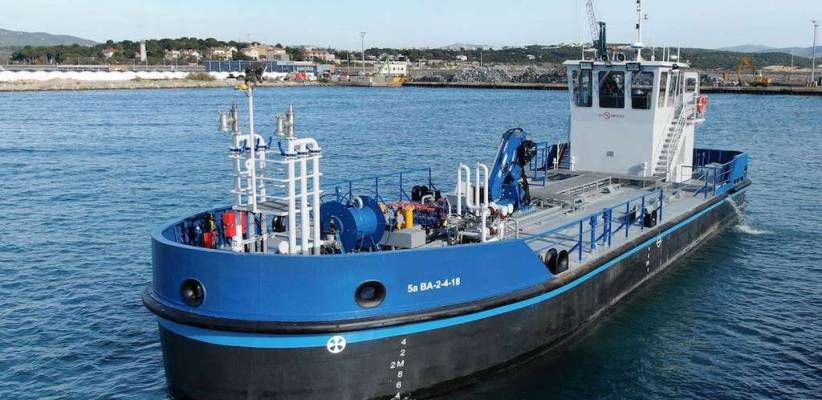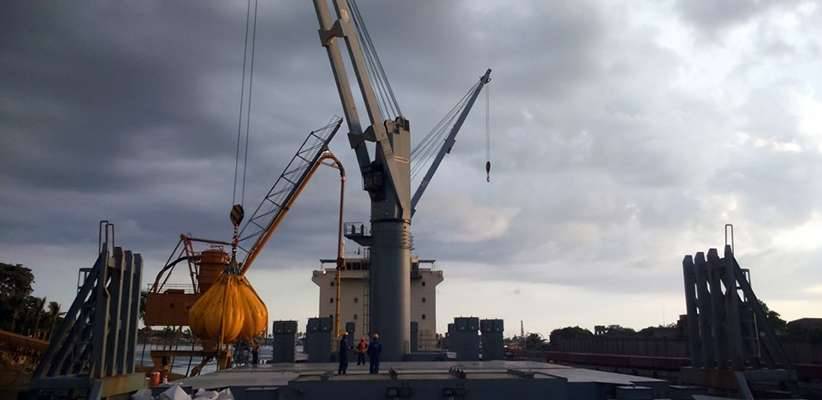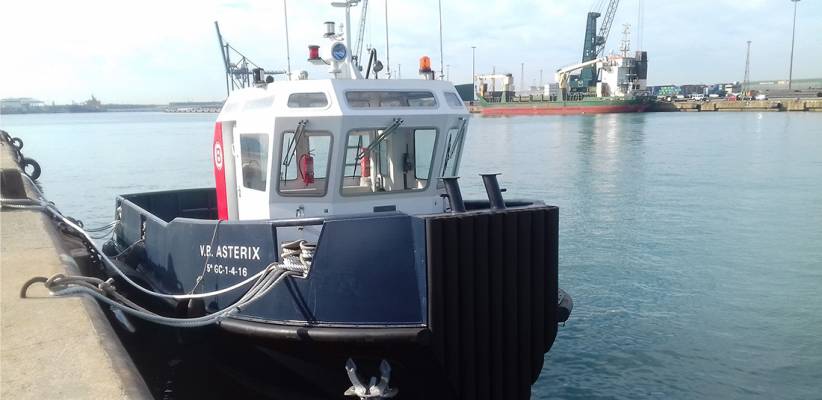A recent study by the Spanish National Association of Stevedoring Companies and Port Employment Centers (ANESCO) prepared together with the Polytechnic University of Madrid (UPM), puts the extra costs that port terminals have had to bear as a result of the pandemic at 13,339,800 euros.
More than 8 million euros in face masks, hydroalcoholic gel, cleaning of equipment…
The report, directed by Dr. Alberto Camarero, classifies these cost overruns into two large groups:
- Those derived from the loss of productivity caused by the numerous sanitary and cleaning measures that the terminals have had to implement in order to combat the effects of COVID-19 amounted to about 5.2 million euros between the months of March and June 2020.
- All the direct costs that companies have had to face to fight the pandemic (face masks, hydroalcoholic gel, cleaning of equipment …) totaled more than 8.1 million euros.
2 hours a day invested in COVID-19 protocols
The ANESCO and UPM study highlights the efficient and effective response that the container port terminals have given to the difficult challenge caused by the COVID-19 pandemic. For the terminals that work 24 hours a day, it is estimated that all the extraordinary operations taken to guarantee the safety of all the staff have meant losses of about 2 hours of operating time a day. In percentage, this translates into a loss of almost 10% of operational time.
ANESCO highlights the important effort made by companies, Port Employment Centers, port workers and employees of stevedoring companies to guarantee the goods handling service, which was classified as an essential service in Spain according to Royal Decree 463/2020, of March 14. Thanks to its work as a fundamental link in the logistics chain, shortages were avoided during the worst peaks of the pandemic.
The cargo handling service has been maintained throughout the COVID-19 crisis in identical conditions to that offered prior to the pandemic, at the same cost and without delays. And all this while also safeguarding the health of all workers, since the level of incidence of the disease has been very low in the workplace.
Insufficient grants
ANESCO reports that their associates have guaranteed the proper functioning of the stevedoring and unloading services despite the fact that all these extra costs have had to be borne by the terminals themselves. They have not been able to benefit from the reduction in the rates of occupation and activity proposed in the Royal Decree 26/2020, since they haven’t met the required volume reduction.
The stevedoring companies consider the grant contained in chapter III of the aforementioned RD to be positive, although it has been insufficient since it is conditional on a significant drop in their activity.

